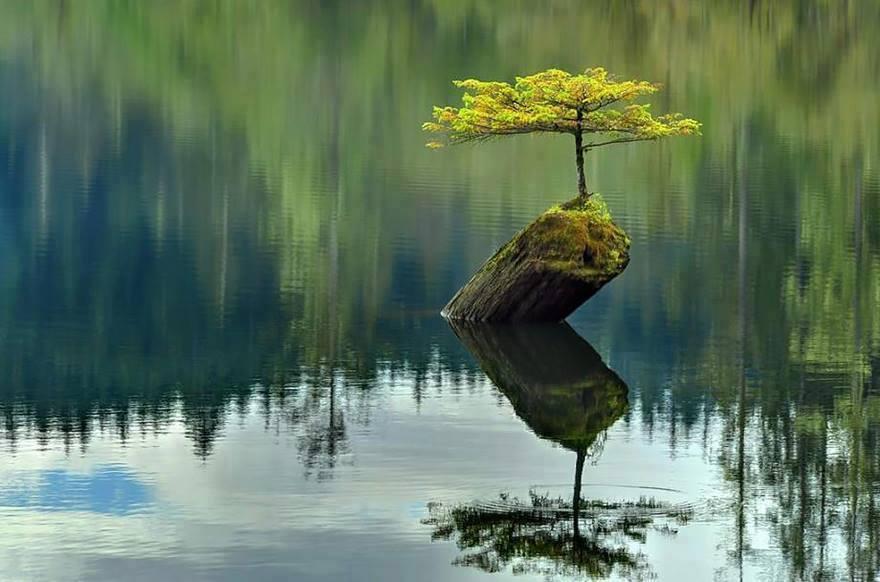
a non-conformist approach, starting our critical yet hopeful
As to Sustainable Development
The (re-)conceptualization of ESD the OPEDUCA concept provides did not result from the sheer endless series of UN Conferences since Brundtland nor was it informed by anything else than simple daily practice of ordinary people in education and the society it thrives in. Likewise, it isn't rooted in the gloomy prophecy of doom and the well-known narratives most scholarly publications in the field of ESD start out with. Along the way, when becoming accustomed to the contemporary discourse, we considered that pointing out mankind’s efforts by summing up an ever longer and dated series of politics- and policy-induced programs, plans and agreements, does not reflect brave actions in challenging times but an institutionalized process kept upright to stay away from such most truly. Also we started out way too late, many years after The Club of Rome (1972) provided its wake-up call, but before the endless parade ESD-development parade that turned into a charade. We realized that our former Queen Beatrix of the Netherlands already in her 1988 Christmas speech noted: “The earth slowly dies and the unthinkable, the end of life itself, becomes conceivable …. We people have become a threat for our planet”. This basic and most inconvenient truth is worded in an endless variety in policy reports and literature that pulls our attention to uncontrolled population growth, excessive deforestation, destruction of habitats, extinction of species, increased greenhouse effects causing climate change, acid rain, erosion of stratospheric layers and the social-economic aspects of it all. Restating, reconfirming, re-acknowledging and so forth these claims and notions in an endless series of conferences and research papers adds no value. While it has been clear for decades that too many people devour too large chunks of not replenishable resources, the world of policy development and academia apparently lost itself by (over-)stating that sustainable development as such and then also ESD in its wake is marked by uncertainty and complexity, pointing to a re-alignment of existing systems, social learning an the like; as if enforcing a problem-complex in stead of unraveling a complex whole through improved understanding followed by learning to behave as future-proof citizens.
We argued we might be more divided than perceived, with ever more people living in times more certain than believed. What if we took learning more seriously, understanding that not primarily present but most of all next generations would need profound insights and competence for action - why not grant them the chance to not first learn about and with the world, about our planet, as it came to being, functions and is today. Search and seek understanding how (and even if) ever more people could live in well-being before accepting our present (illusion of) welfare. For is the future so vague and uncertain as we claim it to be in the course of Sustainable Development? Don't we have it swarming around us already? What if all these kids could be held high, showing and empowering them to learn and develop in unlimited ways - wouldn't that be the best way to improve the future? Wouldn't that be the essence of ESD?
These children and youngsters we sat with back in 2004 will be around 22 to 35 years old today - could and should have been today's leaders, each of them comprising the very essence of our society today. If ESD had been taken seriously, defined, agreed on, make practicable and then implemented in ways most effective. That was our cri de coeur back then as it is still today.






